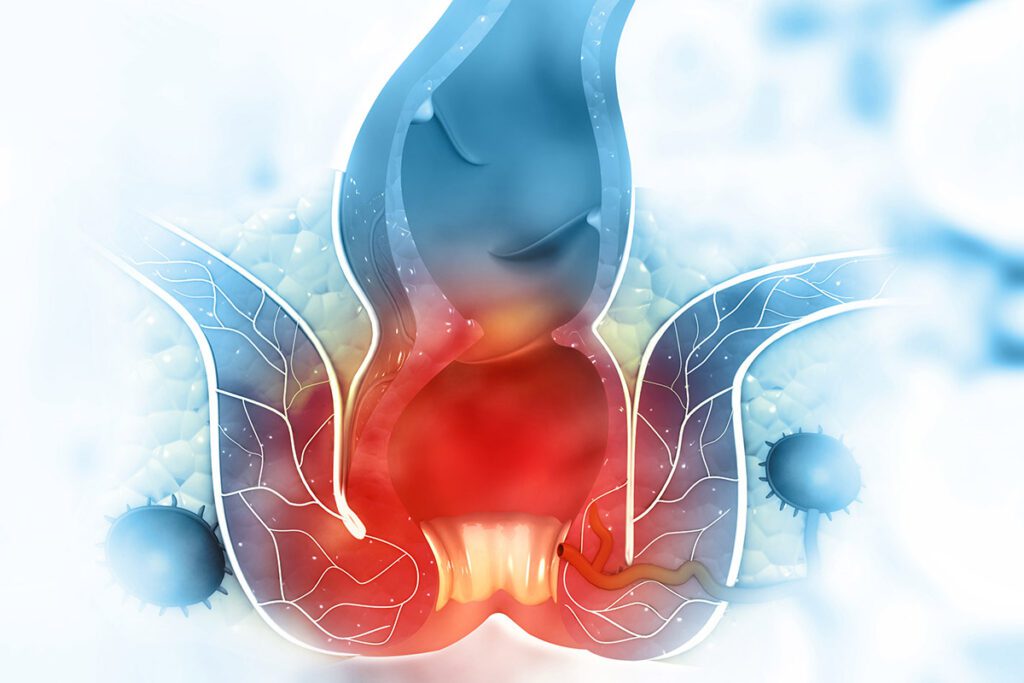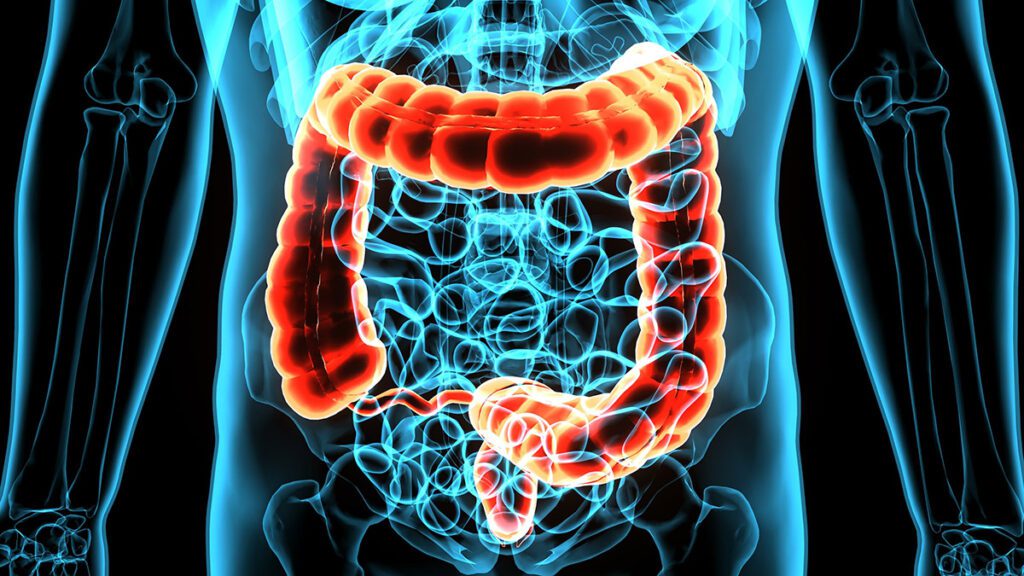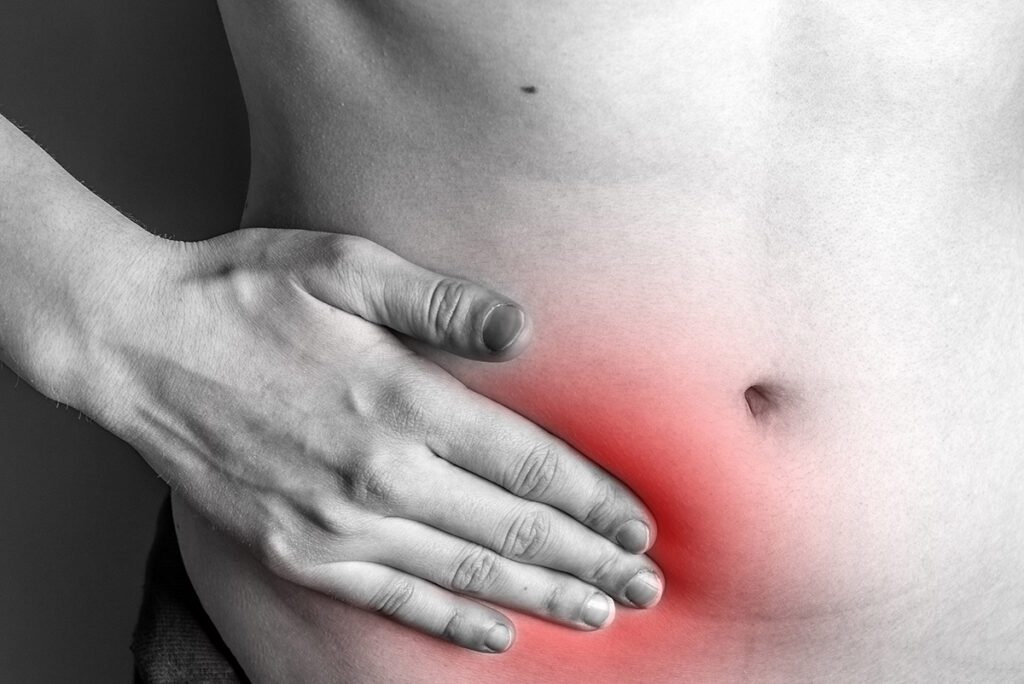Foregut Conditions
Foregut conditions include a wide range of diseases and disorders that affect numerous organs and parts of the upper body. The conditions can range from mild to life-threatening and symptoms can vary depending on the specific disorder.
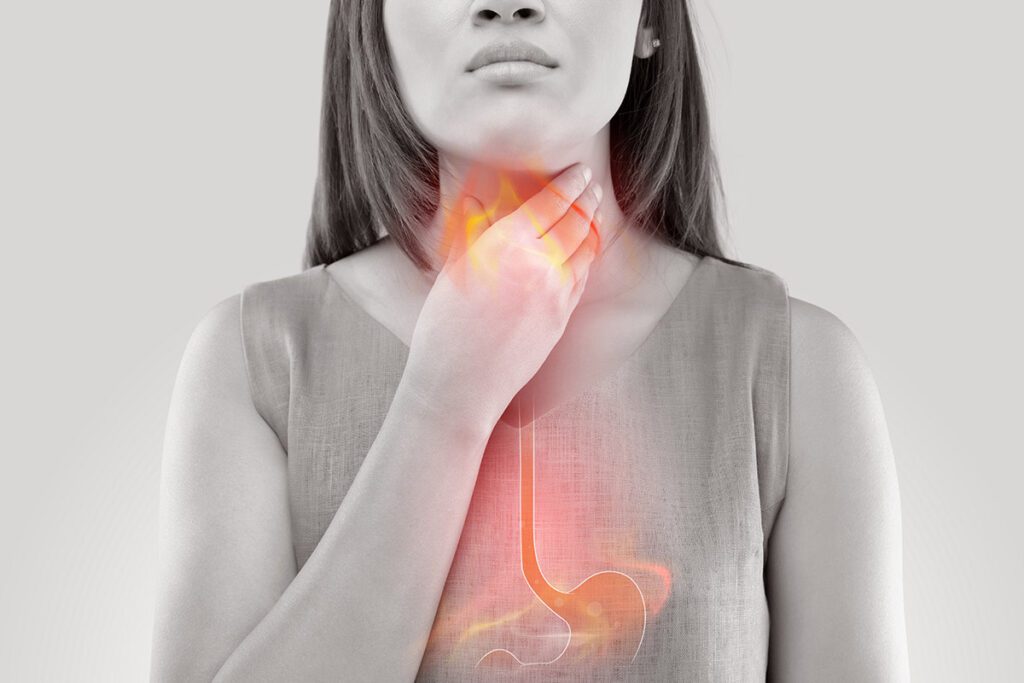

What is the Foregut?
The foregut or upper gastrointestinal tract (GI tract) is an area of the body that includes the stomach, esophagus, and upper small intestines.
Foregut disorders and diseases often require a multidisciplinary approach due to their many components, which is especially true for diagnoses. While the GI tract includes many other sections of the body, the foregut is strictly the upper gastrointestinal tract; this means diseases and conditions that affect lower parts, such as the colon, are excluded from diseases and conditions of the foregut.
Conditions of the Foregut
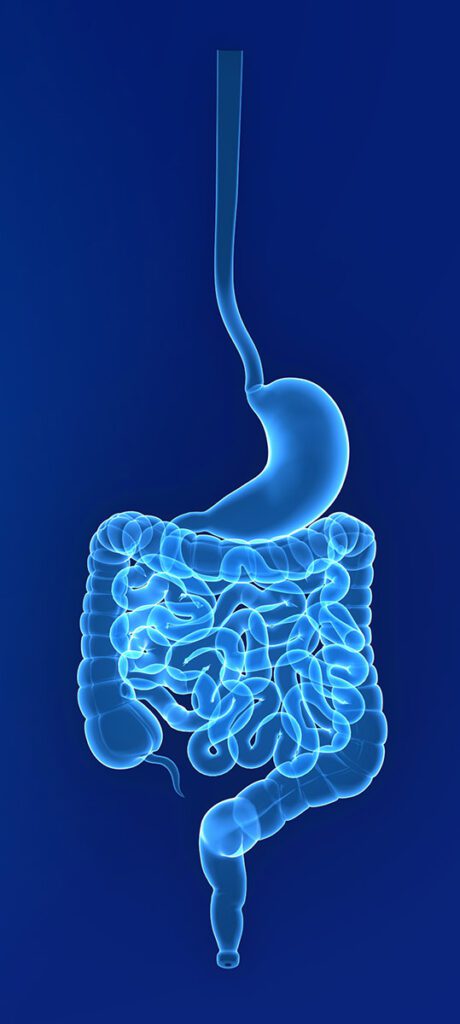

There are several conditions and diseases that affect various parts of the upper GI tract, including:
- GERD (heartburn): a chronic condition where stomach acid or bile flows back through the esophagus and irritates the lining, causing discomfort and a burning sensation. Most adult experience heartburn casually, but when it is persistent or recurrent, it can indicate GERD ( Gastroesophageal Reflux Disease). This can be treated with medication, lifestyle changes, or surgery.
- Hiatal Hernia: A type of hernia where the stomach is forced up through the diaphragm and has been known to cause GERD. The stomach will bulge through the large muscles separating your abdomen and chest, the diaphragm, and is treated with surgery.
- Gastric cancer (stomach): cancer of the stomach lining that causes symptoms of indigestion, stomach pain, nausea, unintentional weight loss, and black stools. The treatments include chemotherapy, radiotherapy, and surgery.
- Peptic Ulcer disease: a sore on the lining of the stomach, esophagus, or small intestine. There are two sub-types of ulcers within the Peptic ulcer category: gastric (inside of the stomach_ and duodenal (on the inside of the upper part of your small intestine). Symptoms include burning stomach pain, intolerance to fatty foods, heartburn, and nausea. Treatment includes medication and surgery if a serious complication has arisen from the ulcer.
- H pylori: an infection caused by H. pylori bacteria infecting the stomach and often happens in children. This infection usually leads to stomach ulcers later in life and is often without symptoms till other conditions arise. Symptoms of H pylori infection include bloating, frequent burping, nausea, stomach pain, burning pain in the abdomen, and unintentional weight loss.
Schedule an Appointment
Proliance Surgical Specialists of Edmonds takes pride in the level of comfort and care we provide the community. If you would like to make an appointment and discuss your health, we encourage you to reach out.

